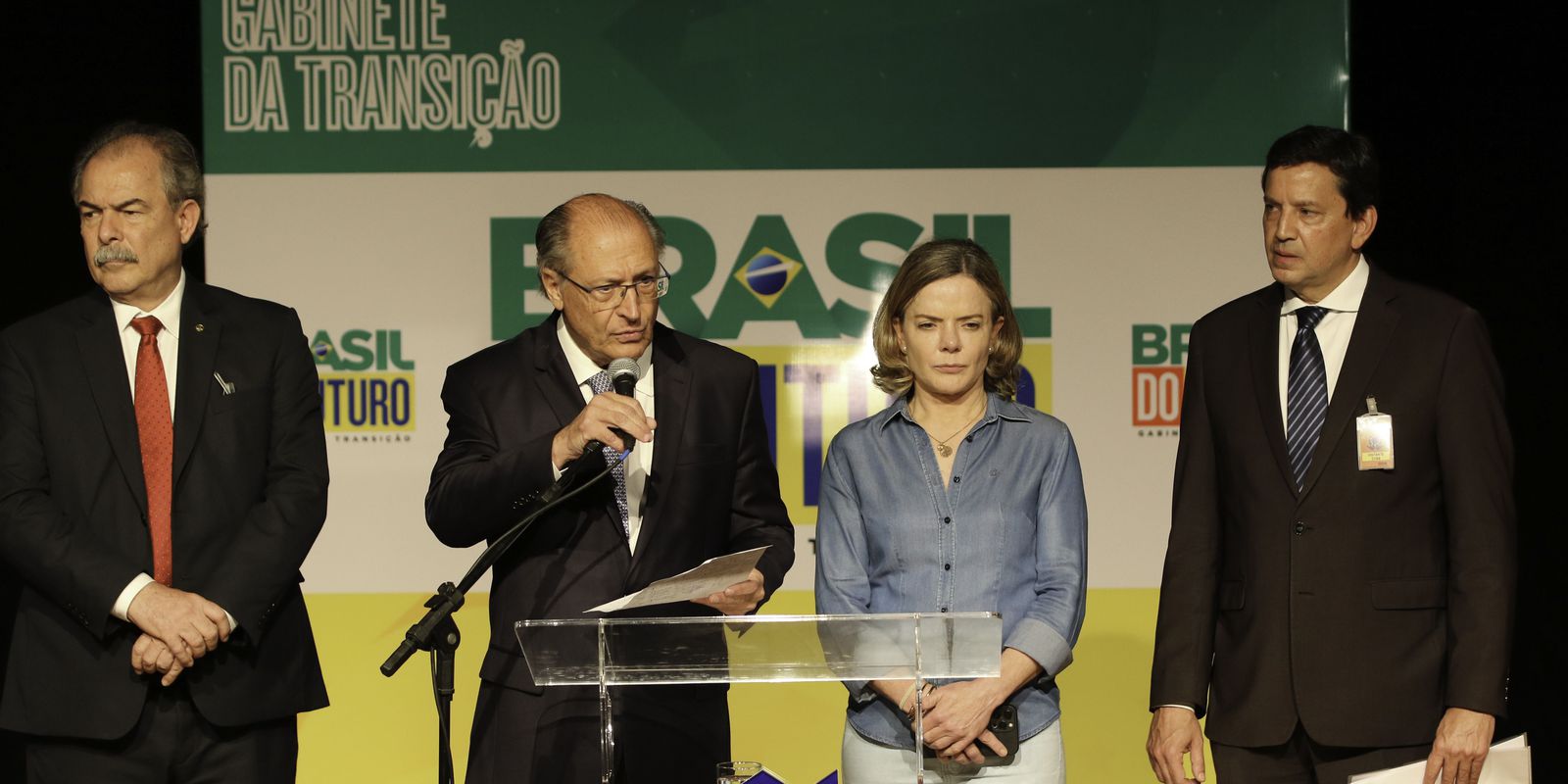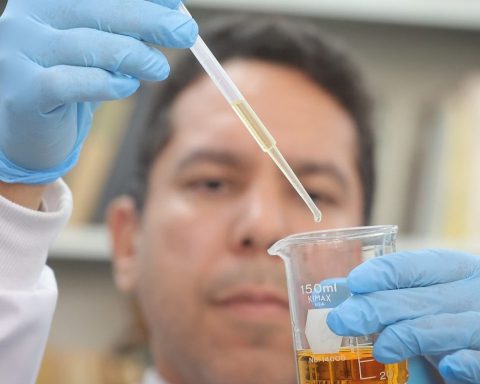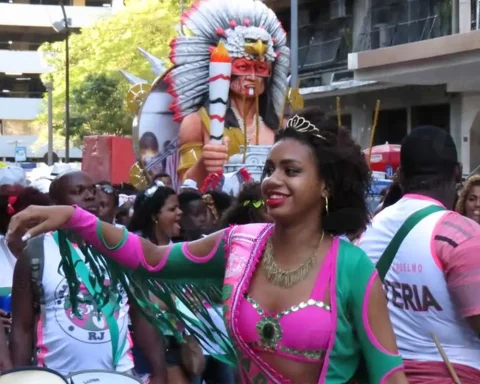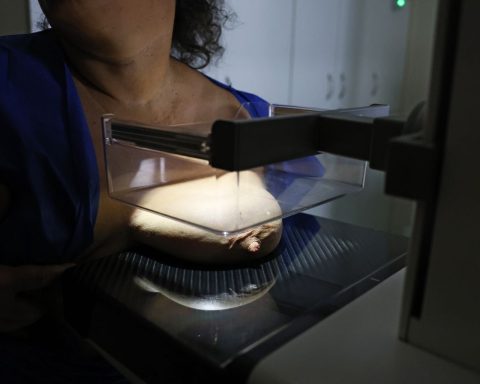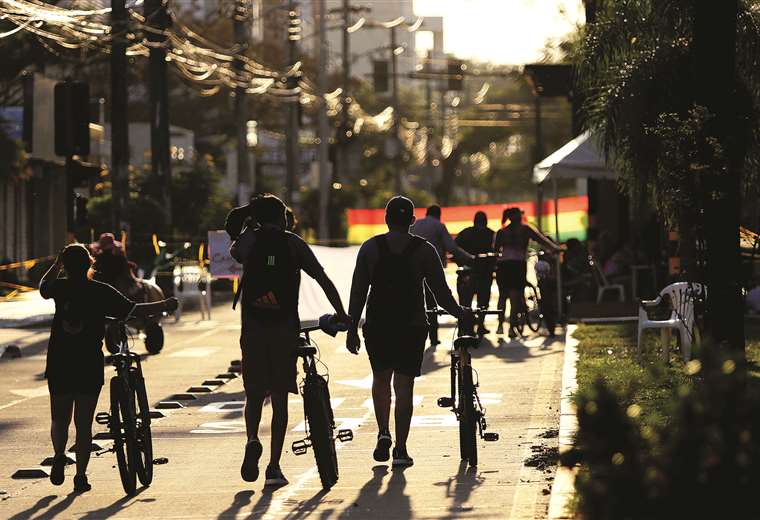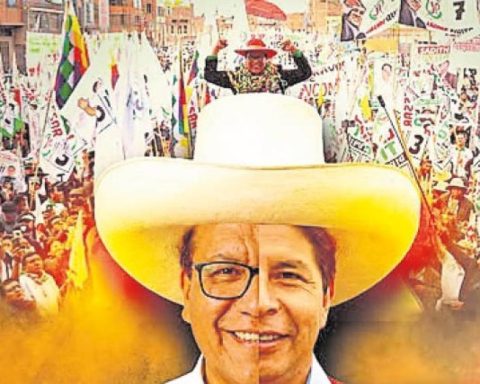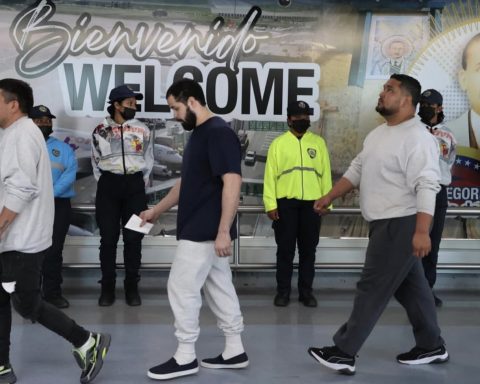The vice president-elect and general coordinator of the transition team, Geraldo Alckmin, announced today (10) a list of 36 new names to be part of the transition to the future government. The names are distributed in six new technical groups: communications; human rights; racial equality; planning, budgeting and management; industry, commerce, services and small businesses; and women.
Five former ministers, including Guido Mantega (Finance) and Paulo Bernardo (Communications), as well as Anielle Franco, sister of the murdered councilor Marielle Franco, will be part of the team. Also on the list are former ministers Eleonora Menicucci (Women), Nilma Lino Gomes (Human Rights and Racial Equality) and Maria do Rosário (Human Rights).
Mantega will go to the Planning, Budget and Management group. The others will go to the respective areas where they were ministers. Director of the Marielle Franco Institute, Anielle Franco will join the Women’s group.
When officializing the creation of the transition office and announcing the first names, on Tuesday (8), Alckmin said that the transition aims only to gather information and does not mean the definition of ministries.
Last night (9) the president-elect, Luiz Inácio Lula da Silva, said that will only announce the first names of ministers as of the 19th, when he returns from a trip to the United Nations Conference on Climate Change (COP 27).
In addition to Alckmin, responsible for the general coordination of the transition, the cabinet will have three main coordinators: Administrative and Legal, under the responsibility of former deputy Floriano Pesaro (PSB), appointed by Alckmin; Institutional Relations, managed by PT president, Gleisi Hoffmann; and the Government Program and Thematic Nuclei, under the responsibility of the former Minister of Education Aloizio Mercadante. The groups will be distributed within these main coordinations.
Other names
Last Tuesday, Alckmin announced the members of the economics group. The command of the team was shared between economists linked to the PT and creators of the Real Plan. This group will include economists André Lara Resende, president of the National Bank for Economic and Social Development (BNDES) during the Fernando Henrique Cardoso administration and one of the formulators of the Real Plan; Pérsio Arida, former president of BNDES and the Central Bank; University of Campinas (Unicamp) professor Guilherme Mello; and Nelson Barbosa, Minister of Finance in the second Dilma Rousseff administration.
At the time, Alckmin said that Mantega would be part of the transition team, but in another group and cited the competence of the former minister, who held the Finance portfolio between 2006 and 2014. Also on Tuesday, the vice president-elect announced the names the area of social assistance, which will be led by Senator Simone Tebet (MDB-MS); by the former ministers of Social Development and Fight against Hunger Márcia Lopes and Tereza Campello and by the Minas Gerais state deputy André Quintão (PT-MG).
In the transitional cabinet, Alckmin will have the help of two comrades from the PSB, the vice president-elect’s party. He will work with former São Paulo governor Márcio França and Recife mayor João Campos. Both are from the PSB, the party of the elected vice president. The future first lady, Rosângela da Silva, known as Janja, will coordinate the organization of Lula’s inauguration party.
Check out the composition of the new names announced:
communications
Paulo Bernardo, former Minister of Communications
Jorge Bittar, former federal deputy
Cezar Alvarez, former secretary of the Ministry of Communications
Alessandra Orofino, a specialist in economics and human rights graduated from Columbia University
Human rights
Maria do Rosário, federal deputy and former minister of human rights
Silvio Almeida, jurist and author of the book Racism Estrutural
Luiz Alberto Melchert, PhD in economics
Janaína Barbosa de Oliveira, representative of the LGBTQIA+ movement
Rubens Linhares Mendonça Lopes, representative of the PT sectorial coordination for people with disabilities
Emídio de Souza, state deputy (PT-SP)
Maria Victoria Benevides, sociologist and teacher
Racial equality
Nilma Lino Gomes, former Minister of Racial Equality
Givânia Maria Silva, quilombola and doctor in sociology
Douglas Belchior, educator
Thiago Tobias, representative of the Black Coalition
Ieda Leal, coordinator of the Unified Black Movement (MNU)
Martvs das Chagas, Planning Secretary of Juiz de Fora
Preta Ferreira, black movement and housing movement
Planning, Budget and Management
Guido Mantega, former Minister of Finance
Enio Verri, federal deputy (PT-PR)
Esther Dweck, economist and professor at UFRJ and former Federal Budget Secretary
Antonio Corrêa de Lacerda, president of the Federal Economic Council
Industry, Commerce, Services and Small Businesses
Germano Rigotto, former governor of Rio Grande do Sul
Jackson Schneider, Embraer executive and former president of Anfavea
Rafael Lucchesi, director general of Senai Nacional
Marcelo Ramos, federal deputy (PSD-AM)
Tatiana Conceição Valente, specialist in solidarity economy;
Paulo Okamotto, former president of Sebrae and the Lula Institute
Paulo Feldmann, professor at USP
André Ceciliano, president of the Legislative Assembly of Rio (Alerj)
Women
Anielle Franco, director of the Marielle Franco Institute
Roseli Faria, economist
Roberta Eugênio, Master in Law, researcher at the Alziras Institute and former advisor to Marielle Franco
Maria Helena Guarezi, former director of Itaipu and personal friend of Janja
Eleonora Menicucci, former minister of the Secretariat for Women’s Policy
Aparecida Gonçalves, former National Secretary for Violence against Women
